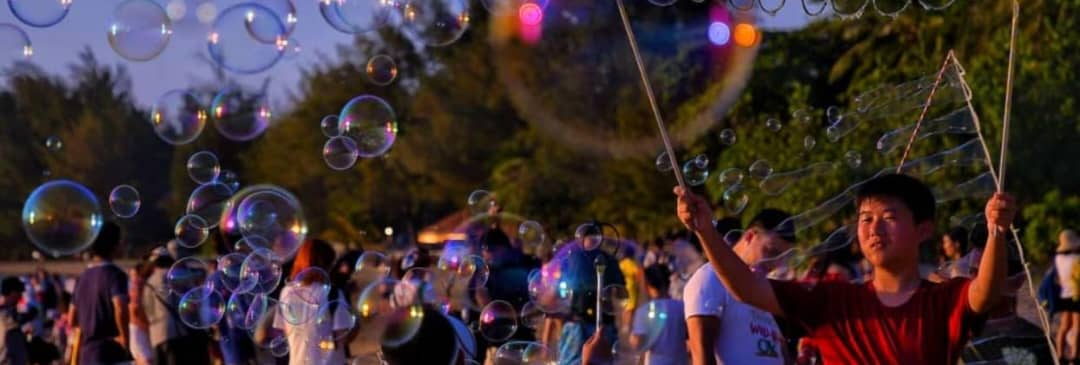Hajiji (front, middle) with representatives from the mission schools, Chinese independent schools, temples and non-Muslim religious bodies
KOTA KINABALU: The State Government has allocated RM70 million in financial assistance for mission and independent schools, temples and non-Muslim religious bodies, with the amount set to increase to RM90 million next year.
Chief Minister Datuk Seri Haji Hajiji Haji Noor also announced that the State Government will recognise the Unified Examination Certificate (UEC), with holders eligible for state scholarships and enrolment in state-owned higher learning institutions.
“We are not only recognising it, but also taking action. Just now, I whispered to the Finance Minister that we will also consider applications from these certificate holders for the Sabah State Government Scholarship,” he said at the Get-Together Night with the Chinese community, mission and independent schools, and non-Muslim religious bodies at Hakka Hall here tonight.
“As a responsible State Government, we do our best to plan and work hard to address issues, while ensuring that all communities, regardless of skin colour or religious beliefs, receive fair and just treatment.
“That is why I always support and assist any institution, NGO, or association in need of help, although it also depends on the government’s capacity and availability of funds. This spirit of solidarity and togetherness has been the guiding principle of Gabungan Rakyat Sabah (GRS) and the State Government since forming the government five years ago,” he added.
Apart from the RM70 million allocation, Hajiji said further assistance has been channelled through the Chief Minister’s Special Allocation, including support for Chinese schools and cultural associations in Sabah. This includes aid for Chinese New Year festivals, the purchase of lion dance equipment, the Dragon Boat Festival, as well as assistance to churches and other organisations.
“It is hoped that this contribution will, to some extent, support the activities of schools and non-Muslim religious bodies throughout Sabah,” he said.
Hajiji, as head of the State Government, said he fully understood the problems and needs of the people, particularly pressing issues such as water supply.
“Water shortages are occurring in various places. This problem arose when the previous State Government terminated the water supply concession contracts in Sabah. As a result of that termination, the present State Government had to pay compensation of RM315 million to the companies involved,” he explained.
Nevertheless, he assured that the State Government is committed to resolving the issue, with 18 water supply development projects currently underway across Sabah.
“The Federal Government has approved a loan of RM300 million for this purpose,” he said.
Among the key projects is the RM365 million Kogopon Water Treatment Plant in Papar, with a capacity of up to 80 million litres daily (MLD), which is expected to be completed in 2026.
“Once completed, it will resolve the water supply issue in Papar, Kinarut and Putatan,” Hajiji said.
The RM300 million Air Cinta Mata Dam project in Tawau, with a capacity of 169 MLD, is also expected to be completed by 2027.
“For your information, the construction, repair and upgrading works of water treatment plants currently being implemented throughout Sabah total RM1.2 billion,” he said, adding that the water shortage crisis in Sandakan, Lahad Datu and Semporna is also being prioritised.
Meanwhile, water supply for Kota Kinabalu City is expected to improve once the Telibong II Water Treatment Plant is fully completed. The plant is already distributing 160 MLD to the city, KKIP and Tuaran areas, he noted.
As a long-term solution, Hajiji said the State Government has agreed to utilise the Ulu Padas Hydroelectric Project for power generation, while the Ulu Padas Water Supply Scheme will provide a capacity of 6,000 MLD specifically for the needs of Sabah’s West Coast.
The project, expected to be completed by 2030, is being developed through a joint venture between Sabah Energy Corporation Sdn Bhd, Gamuda Berhad — the implementer of the Ulu Padas Hydroelectric Project — and Kerjaya Kagum Hitech JV Sdn Bhd.

































